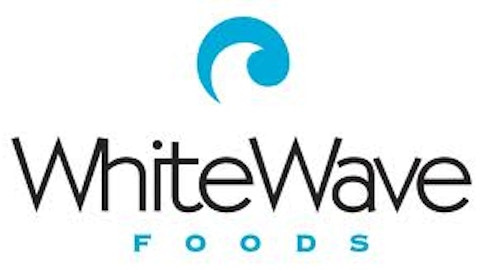
Sprouting up profits
One of those new issues has taken the markets by storm. Organic food store Sprouts Farmers Market has more than doubled its value since its IPO, putting other new issues, like Facebook, to shame.
Sprouts Farmers Market, has 163 stores across the U.S. and competes with Whole Foods Market, Inc. (NASDAQ:WFM). But unlike its larger and higher-end competitor, Sprouts Farmers Market prides itself on offering organic food at value prices. It does this by using its size as leverage to suppress costs and then subsequently pass those savings on to consumers. As long as this model is in place, it shouldn’t suffer any margin compression.
It generated $2 billion in sales for 2012, compared to the $3.1 billion in revenue that Whole Foods Market, Inc. (NASDAQ:WFM) generated in its third quarter alone.
The good news for investors is that Sprouts Farmers Market is looking to grow. It plans to open approximately 40 stores by 2014. The bad news is it’s looking to expand in the U.S. where its larger competitor already has some 335 stores strategically located across the country. According to company research, the U.S. has room for some 1,200 Sprouts Farmers Market locations. Whole Foods Market, Inc. (NASDAQ:WFM) has projected that it can comfortably support 1,000 stores.
Who wins?
With its lower prices and manageable cost environment, Sprouts Farmers Market could expand its margins and become a formidable competitor for Whole Foods Market, Inc. (NASDAQ:WFM). But with Whole Foods lowering its prices, the fight for the organic customer seems to be heating up.
Company officials recently revealed that Whole Foods Market, Inc. (NASDAQ:WFM) has taken a defensive position on pricing in order to compete more effectively. On the company’s third-quarter conference call, Walter Robb, co chief-executive, said:
“We are continuing to implement various value efforts, including more aggressive price matching against select competitors.”
Like Sprouts Farmers Market, Whole Foods Market, Inc. (NASDAQ:WFM) is in growth mode and has earmarked some $650 million for expansion and store remodels this year. And its return on invested capital (ROIC) continues to impress. Robb added:
“For the quarter, our 25 comparable stores less than two years old produced an after-tax ROIC of 19%, another Q3 record.”
As these companies look to outdo each another, it’s the consumers and shareholders who will benefit. Whole Foods has $1.5 billion in cash, and in its third quarter, paid $37 million in shareholder dividends and repurchased $25 million in stock. Don’t be surprised to see Sprouts Farmers Market pursue a similar strategy to attract investors. Just be patient — there’s a credit facility in place that prevents it from paying a dividend.

